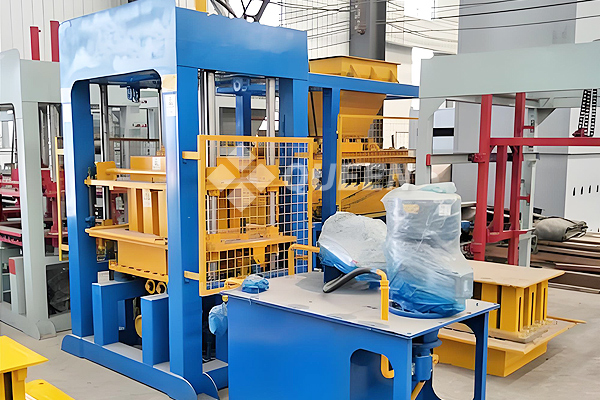When purchasing a brick machine, it is important to consider multiple factors to ensure you select the right equipment. The following are key points to keep in mind:

1. Equipment Performance and Production Capacity
Production Capacity: Estimate your daily and annual output requirements to choose a machine that matches your production needs. High-efficiency equipment can shorten production cycles and reduce production costs.
Product Quality: A high-quality brick machine should consistently produce durable, well-formed bricks. Mold precision and the stability of the pressure system are crucial. High-precision molds ensure bricks have accurate dimensions and sharp edges, while a stable pressure system guarantees uniform density and sufficient strength.
2. Equipment Stability and Reliability
Failure Rate: Equipment breakdowns can lead to significant economic losses during production, so stability and reliability are essential.
Durability: Quality machines use high-strength materials and advanced manufacturing processes. Key components should be long-lasting with low maintenance requirements.
3. Energy Efficiency and Environmental Friendliness
Energy Consumption: Low-energy machines reduce production costs and minimize energy usage. For example, advanced motor control systems can precisely regulate power, avoiding waste.
Environmental Standards: Machines should minimize dust, noise, and other pollutants during production, meeting environmental standards and creating a green production environment.
4. Ease of Operation and Safety
User-Friendly Operation: Equipment should be simple to operate, reducing labor costs and improving efficiency. Operators must understand the manual, be familiar with the working principles and procedures, and strictly follow operational requirements. Untrained personnel should not operate the machine.
Safety Protection: Machines should include comprehensive safety features, such as emergency stop buttons and protective guards, to ensure operator safety.
5. After-Sales Service
Support: Choose a manufacturer with a good reputation. Established manufacturers usually offer reliable products that have been market-tested. Additionally, the manufacturer should provide a complete after-sales service system to respond promptly and carry out quick repairs if issues arise.
Conclusion:
When purchasing a brick machine, it is essential to consider equipment performance, stability, energy efficiency, ease of operation, and after-sales support. By thoroughly understanding and comparing different options, you can select high-quality equipment that meets your production needs.

